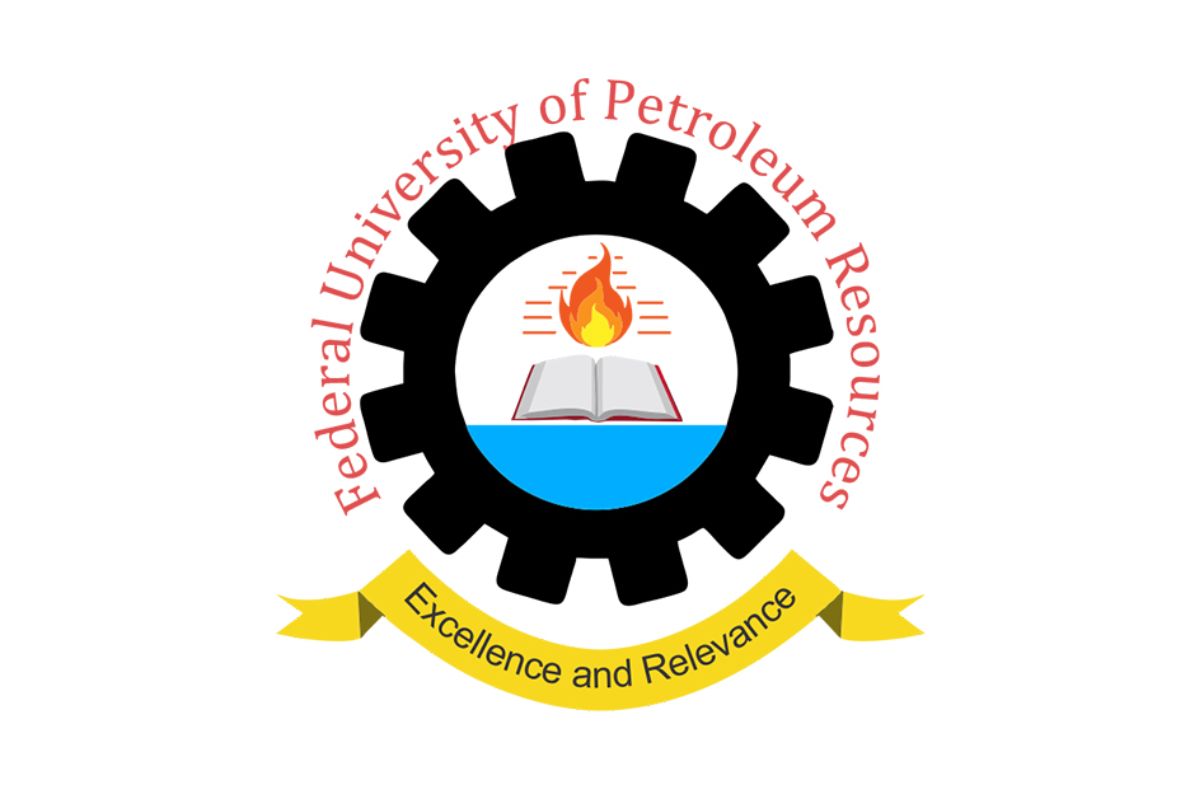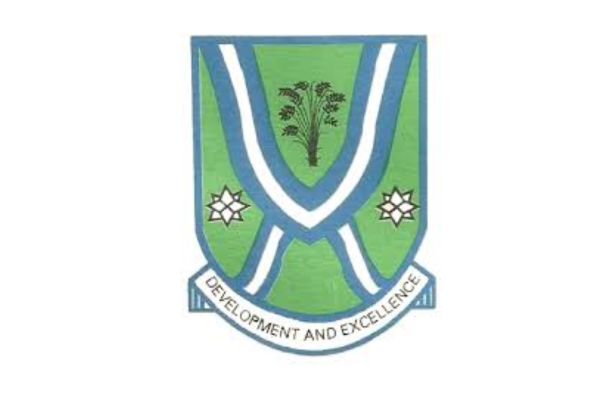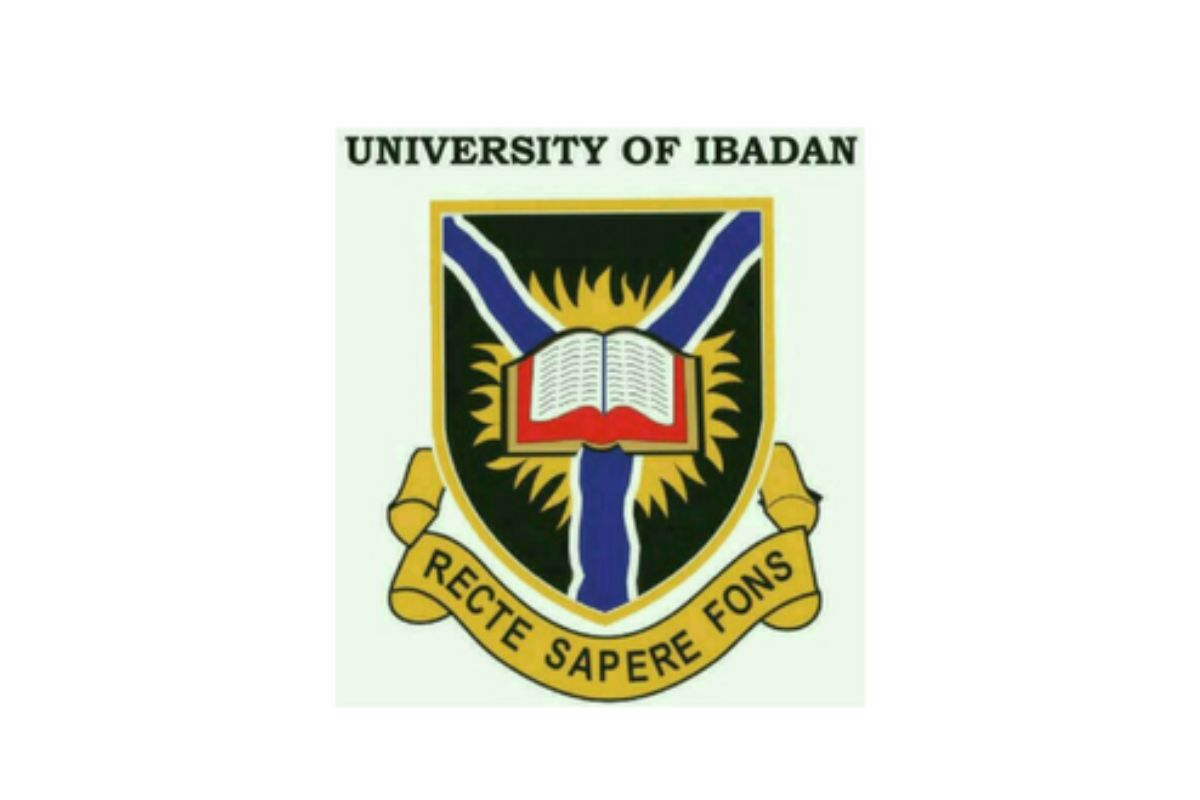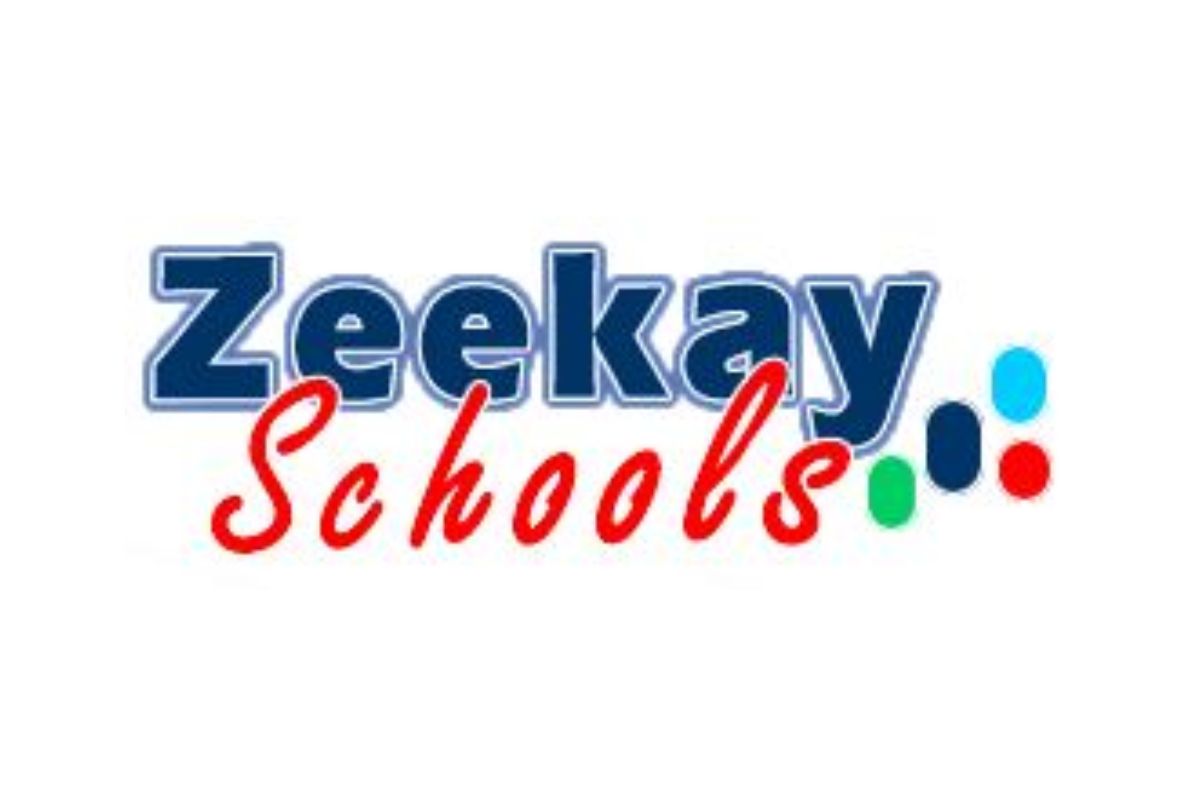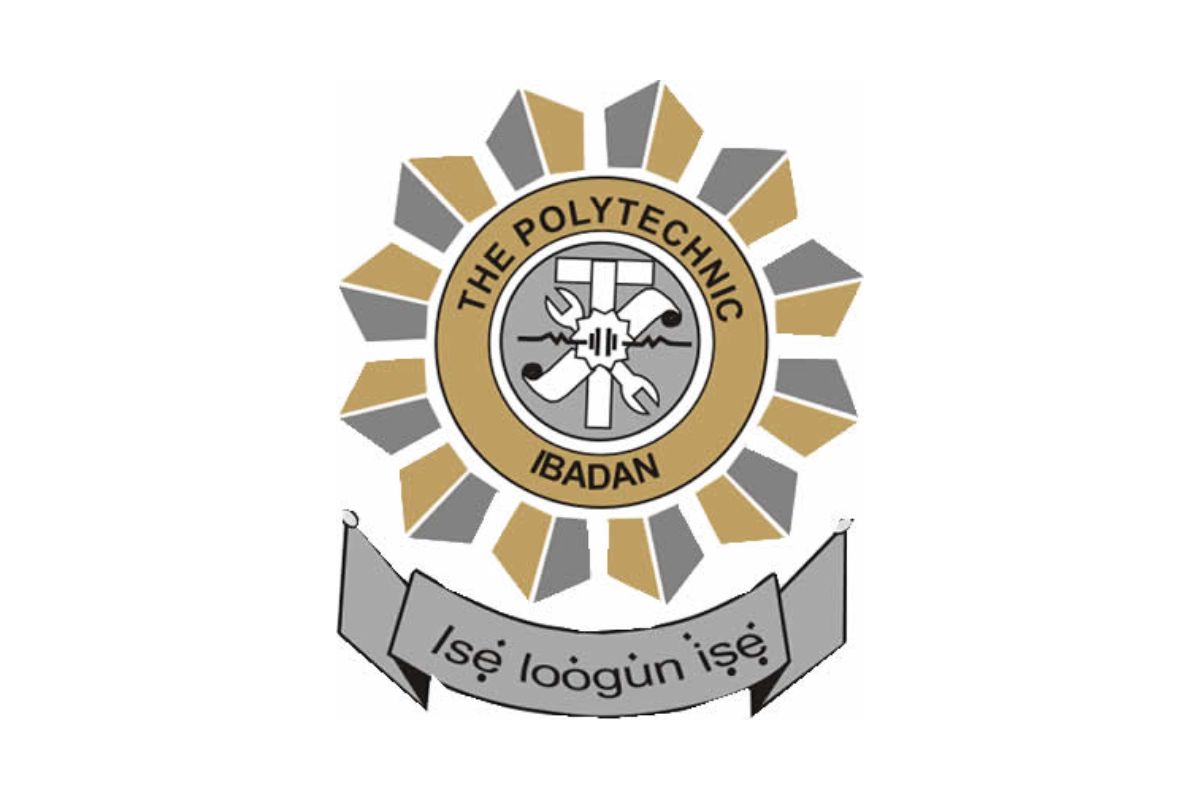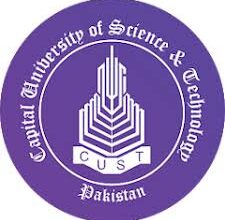Red River College Polytechnic (RRC Polytech) stands as Manitoba’s largest institute of applied learning and research, offering a dynamic blend of hands-on education, innovative research, and industry collaboration. Located in Winnipeg, Manitoba, Canada, RRC Polytech has evolved since its establishment in 1938 into a cornerstone of post-secondary education, preparing students to excel in their careers while driving economic growth in the province and beyond. With over 200 full- and part-time programs, including certificates, diplomas, and degrees, the institution caters to a diverse student body of over 21,000 annually, including approximately 1,400 international students from over 60 countries.
This article explores RRC Polytech’s history, academic offerings, campus facilities, applied research initiatives, student support services, and its pivotal role in shaping Manitoba’s workforce. Optimized for search engines, this comprehensive guide aims to provide valuable insights for prospective students, educators, and industry professionals seeking to understand why RRC Polytech is a leader in applied learning.
A Brief History of Red River College Polytechnic
Founding and Evolution
Founded in 1938, Red River College Polytechnic began as a modest institution focused on vocational training. Over the decades, it has undergone significant transformations, reflecting the changing needs of Manitoba’s economy. In 1963, the Notre Dame Campus was established, marking a significant milestone in its growth. Initially named the Manitoba Institute of Technology (MIT) and the Manitoba Institute of Applied Arts (MIAA), the institution consolidated under the name Red River Community College (RRCC) in 1969. By 1998, it became Red River College of Applied Arts, Science, and Technology, and in 2021, it rebranded to Red River College Polytechnic to emphasize its focus on applied research and polytechnic education.
The rebranding to RRC Polytech in 2021 aligned with its mission to modernize apprenticeships, expand applied research, and provide hands-on learning opportunities. This evolution reflects the institution’s commitment to staying at the forefront of educational innovation, ensuring graduates are equipped with practical skills and theoretical knowledge to meet industry demands.
Milestones and Growth
Key milestones in RRC Polytech’s history include:
-
1963: Construction of the Notre Dame Campus, a hub for technical and vocational training.
-
2004: Establishment of the Princess Street Campus (now the Roblin Centre) in Winnipeg’s Exchange District, focusing on multimedia, computer technology, and creative communications.
-
2011: Renaming of the Princess Street Campus to the Roblin Centre in honor of former Manitoba Premier Duff Roblin.
-
2021: Expansion of the Exchange District Campus with the Manitou a bi Bii daziigae innovation centre, enhancing applied research capabilities.
-
2022: Manitoba government’s investment of over CA$12 million for the Health Sciences and Community Services Simulation Centre at the Notre Dame Campus, supporting 115 new nursing seats.
These developments underscore RRC Polytech’s commitment to expanding its infrastructure and programs to meet the needs of a diverse student population and evolving industries.
Academic Programs at RRC Polytech
RRC Polytech offers over 200 full- and part-time programs across various disciplines, designed to provide students with practical, career-focused education. Most programs take two years or less to complete, allowing students to enter the workforce quickly. The institution’s emphasis on applied learning ensures that students gain hands-on experience through work-integrated learning, co-op programs, and industry partnerships.
Program Categories
RRC Polytech’s programs are organized into several key areas:
-
Business: Programs in business administration, commerce, and entrepreneurship prepare students for leadership roles in corporate and non-profit sectors. The Indigenous Entrepreneurship Acceleration and Incubation Initiative (Mittohnee Pogo’ohtah) supports Indigenous graduates in starting businesses.
-
Creative Arts: The Creative Communications program, offered at the Exchange District Campus, trains students for careers in journalism, advertising, media production, and public relations. Graduates like Gabrielle Piché and Austin Grabish have earned prestigious journalism awards, showcasing the program’s quality.
-
Computer and Information Systems Technology: Courses in cybersecurity, software development, and IT management equip students for the tech industry.
-
Health Sciences: Programs in nursing, dental assisting, and medical laboratory sciences prepare students for healthcare careers. The upcoming Health Sciences and Community Services Simulation Centre will enhance training with state-of-the-art facilities.
-
Engineering and Construction Technology: Offerings include civil engineering, mechanical engineering, and construction management, with pathways to University of Manitoba degrees.
-
Hospitality and Culinary Arts: The Paterson GlobalFoods Institute houses programs in culinary arts, hospitality, and tourism, featuring a fine-dining restaurant and mixology lab.
-
Skilled Trades: Apprenticeship programs in carpentry, welding, and electrical trades address Manitoba’s demand for skilled workers.
-
Transportation Technology: Programs focus on automotive and heavy-duty equipment mechanics, aligning with industry needs.
-
Indigenous Education: Courses promote cultural awareness and career preparation for Indigenous students, fostering community engagement.
-
Intensive English for International Students (IEIS): A full-time program to develop language skills for international students, offered monthly.
Flexible Learning Options
RRC Polytech provides flexible pathways, including part-time study, online courses, and micro-credential programs, catering to diverse learners. The institution’s collaboration with industry ensures that curricula are aligned with current market demands, giving graduates a competitive edge.
Pathways to Further Education
In 2025, RRC Polytech partnered with the University of Manitoba to create pathways for up to 10 graduates annually to pursue civil or mechanical engineering degrees. This partnership enhances career mobility and allows students to earn dual credentials, combining RRC Polytech’s practical training with university-level education.
Campus Facilities and Locations
RRC Polytech operates eight campuses across Manitoba, with primary locations in Winnipeg:
-
Notre Dame Campus: The main campus, housing advanced research labs, trades programs, and the upcoming Health Sciences and Community Services Simulation Centre.
-
Exchange District Campus: Comprising the Roblin Centre and Paterson GlobalFoods Institute, this campus focuses on creative arts, multimedia, and hospitality. It includes a student residence and fine-dining facilities.
-
Rural Campuses: Locations in Arborg, Steinbach, Thompson, and other communities provide accessible education for rural students.
Key Facilities
-
Libraries: Two full-service libraries at Notre Dame and Exchange District campuses offer over 50,000 titles, study areas, and open-access computers.
-
Student Residence: Located at the Paterson GlobalFoods Institute, the residence provides single and double suites, shared laundry, and recreational facilities. Annual accommodation costs average CA$3,780 for a four-month term.
-
Fitness and Health Services: On-campus fitness classes, massage therapy, and health services support student wellness.
-
Dining Services: The Notre Dame Campus features a cafeteria, while the Paterson GlobalFoods Institute houses a fine-dining restaurant and mixology lab.
-
Research Facilities: Three NSERC-funded Technology Access Centres (TACs) support applied research in aerospace, manufacturing, and green energy.
These facilities create a supportive environment for academic success, professional development, and community engagement.
Applied Research and Innovation
RRC Polytech is a Canadian leader in applied research, fostering innovation through partnerships with industry and community organizations. Since 2004, the Research Partnerships & Innovation (RPI) enterprise has supported over 50 research collaborations, attracting significant capital investment.
Research Focus Areas
-
Aerospace and Manufacturing: RRC Polytech’s research labs develop solutions for the advanced manufacturing and aerospace industries.
-
Green Energy and Vehicle Technology: Projects focus on zero-emission vehicles and sustainable technologies, positioning Canada as a leader in the green transition.
-
Culinary Research: The college collaborates on sustainable food systems, such as hydroponic systems.
-
Hydrogen and Fuel Cell Transportation: RRC Polytech has been a key player in hydrogen fuel cell bus trials.
Technology Access Centres (TACs)
RRC Polytech’s three TACs provide industry partners with access to cutting-edge facilities and expertise. These centres facilitate product development, testing, and commercialization, benefiting small and medium-sized enterprises (SMEs) and fostering economic growth.
Student Involvement
Applied research projects integrate students, providing hands-on experience that enhances employability. Students work alongside faculty and industry experts, gaining practical skills in real-world settings.
Economic Impact
RPI has completed thousands of projects, driving innovation and economic diversification in Manitoba. The college’s applied research initiatives align with industry needs, creating new products, processes, and opportunities for graduates.
Student Support and Services
RRC Polytech is committed to student success, offering a range of support services to ensure academic, personal, and professional growth.
Student Employment Services
The Student Employment Services team provides personalized support for job searches, resume writing, interview preparation, and labour market information. These services help students and recent graduates secure summer, part-time, full-time, or temporary employment.
Diversity and Inclusion
RRC Polytech fosters a diverse, inclusive, and equitable environment, supporting students from various backgrounds, including Indigenous and international students. The college’s Indigenous Education programs and partnerships promote cultural awareness and career preparation.
International Student Support
With 1,400 international students from over 60 countries, RRC Polytech offers robust support through the Centre for International Education and Global Partnerships. The Intensive English for International Students (IEIS) program helps newcomers develop language skills, with classes starting monthly.
Financial Aid and Scholarships
RRC Polytech offers scholarships and financial aid options, including those provided by external organizations like the P.E.O. International Peace Scholarship. Canadian students can access provincial loan and grant programs.
Student Life
-
The Projector: The official student newspaper, published biweekly by the RRC Polytech Students’ Association since 1967.
-
Red River Radio: An online radio station run by Creative Communications students, featuring music, news, and talk shows.
-
Directions Conference: An annual Business and Applied Arts conference that fosters networking and career exploration.
These initiatives create a vibrant campus community, encouraging student engagement and leadership.
Why Choose RRC Polytech?
Industry-Relevant Education
RRC Polytech’s programs are developed in collaboration with industry leaders, ensuring graduates are job-ready. The emphasis on work-integrated learning, such as co-ops and internships, provides real-world experience that employers value.
High Employment Rates
With an 89% acceptance rate and a focus on practical skills, RRC Polytech graduates are highly sought after. The institution’s strong industry connections and employment services contribute to successful career outcomes.
Affordable Education
Tuition for international students ranges from CA$8,000 to CA$18,000 annually, making RRC Polytech an affordable option compared to other Canadian institutions. Manitoba’s low cost of living further enhances its appeal.
Global Opportunities
RRC Polytech’s international partnerships with institutions in Japan, India, and China provide opportunities for global collaboration and exchange. The college’s focus on immigration pathways allows international students to work and settle in Canada post-graduation.
Commitment to Sustainability
RRC Polytech’s research in green energy and sustainable technologies reflects its commitment to environmental stewardship, preparing students for careers in emerging industries.
Admissions and Application Process
Eligibility and Requirements
Admission requirements vary by program but typically include a high school diploma or equivalent. International students must demonstrate English proficiency through tests like the Duolingo English Test, accepted by over 4,000 universities worldwide.
Application Process
-
Register on RRC Polytech’s online portal.
-
Submit personal details, including name, date of birth, and country of origin.
-
Provide academic transcripts and proof of English proficiency (if applicable).
-
Apply six months before the program start date (January, May, July, or August).
Tuition and Costs
-
International Students: CA$8,000–18,000 annually, excluding books and supplies.
-
Accommodation: On-campus housing costs approximately CA$3,780 for a four-month term.
-
Living Expenses: Manitoba offers one of the lowest costs of living in North America, with affordable housing options in Winnipeg.
RRC Polytech’s Impact on Manitoba’s Economy
RRC Polytech plays a pivotal role in Manitoba’s economic growth by producing skilled graduates and driving innovation. Its applied research initiatives support SMEs, create jobs, and foster technological advancements. The college’s partnerships with industry and government ensure that its programs address labour market gaps, particularly in trades, healthcare, and technology.
Community Engagement
RRC Polytech acknowledges its campuses are located on the lands of the Anishinaabeg, Ininiwak, Anishininwak, Dakota Oyate, Denésuline, and the National Homeland of the Red River Métis. The college honors Treaty 3 Territory and supports Indigenous education through initiatives like Mittohnee Pogo’ohtah.
Future Outlook
With investments in facilities like the Health Sciences and Community Services Simulation Centre and ongoing research partnerships, RRC Polytech is poised to remain a leader in polytechnic education. Its focus on sustainability, diversity, and industry collaboration ensures it will continue to shape Manitoba’s workforce for decades to come.
Conclusion
Red River College Polytechnic transcends the conventional boundaries of an educational institution, serving as a transformative conduit for opportunity, innovation, and visionary leadership. Its steadfast dedication to applied learning, bolstered by cutting-edge facilities and robust industry alliances, positions RRC Polytech as an exemplary choice for students pursuing a pragmatic, career-oriented education. The institution’s diverse academic offerings, ranging from advanced technology to creative arts, cater to a global cohort of learners, equipping them with the skills and acumen to thrive in dynamic professional landscapes.
Whether you are a local aspirant, an international scholar, or an industry professional seeking specialized expertise, RRC Polytech provides an unparalleled ecosystem of resources, mentorship, and support to propel you toward success. By fostering a culture of inclusivity, sustainability, and forward-thinking research, the college not only shapes individual futures but also catalyzes Manitoba’s economic and social advancement. To embark on your journey with Manitoba’s preeminent polytechnic, explore further at www.rrc.ca or connect with the admissions office to chart your path to a transformative educational experience.


